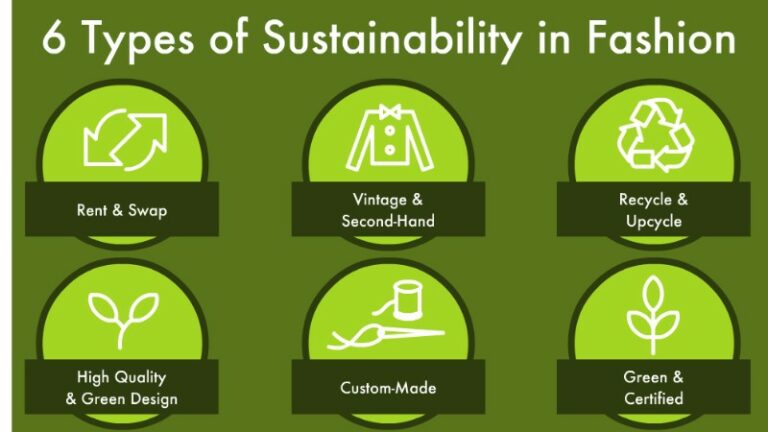Are PET bottles ecofriendly?
Are PET bottles ecofriendly? Plastic bottles are ubiquitous in modern life. They are lightweight, durable, and easy to produce, which makes them the go-to choice for many commercial beverages. However, they are also a major contributor to pollution, and many environmental activists are concerned about their impact on the planet. In this blog post, we will take a comprehensive look at PET bottles, the most common type of plastic bottles, and evaluate their impact on the environment.
PET bottles are made from polyethylene terephthalate, a type of plastic that is highly recyclable. In fact, PET bottles are one of the most recycled items in America. They are collected by curbside recycling programs and are even recycled by some companies into clothing, carpet, and other useful products. This means that PET bottles help reduce waste in landfills and conserve natural resources by providing a source of recycled material.
However, despite their recyclability, PET bottles still have some negative impact on the environment. One of the biggest concerns is that they are made from fossil fuels, which are a finite resource. This means that producing new PET bottles still contributes to greenhouse gas emissions from the extraction and transportation of fossil fuels. Additionally, even though PET bottles are recyclable, many people do not recycle them properly, which can lead to litter and pollution.
Another concern is the energy used in producing PET bottles. The manufacturing process requires a significant amount of electricity and water, which can strain local resources and contribute to carbon emissions. Also, transporting PET bottles from manufacturing facilities to stores and distribution centers requires fuel, which contributes to CO2 emissions.
PET bottles also have an impact on wildlife. For instance, birds, fish, and other marine animals may accidentally consume plastic bottles, which can cause internal injuries and, in some cases, death. Additionally, broken bottles can create sharp edges, which can damage the feet of animals and cause infections.
However, despite their negative impact, PET bottles remain popular because of their lightweight and durability. Furthermore, the fact that they are so commonly recycled means that they help conserve resources and reduce waste in landfills, even if they are made from fossil fuels.
Conclusion:
In conclusion, PET bottles are not completely ecofriendly, but they still offer some benefits over other beverage containers. While the production and transportation of PET bottles contribute to carbon emissions, they are highly recyclable, which helps reduce waste in landfills and conserve natural resources. The impact of PET bottles on wildlife is concerning, but this is an issue with all forms of plastic, not just PET bottles. In summary, PET bottles are a reminder that there is no one-size-fits-all solution to environmental issues, but there are always steps we can take to reduce our impact on the planet.
